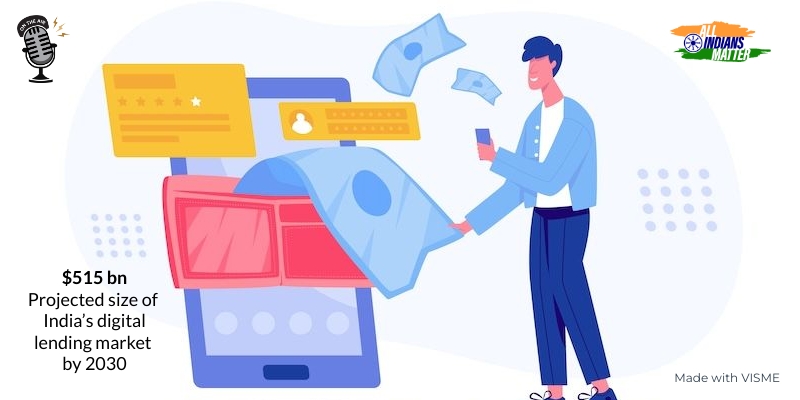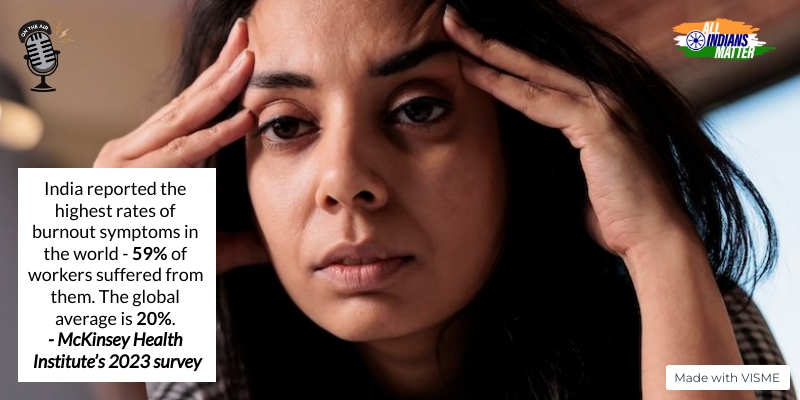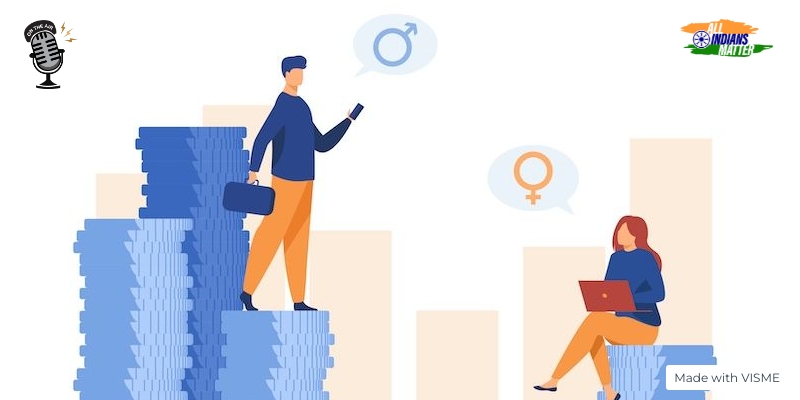Ashraf Engineer
March 2, 2024
EPISODE TRANSCRIPT
Hello and welcome to All Indians Matter. I am Ashraf Engineer.
Have you noticed the sudden spike in texts and calls asking for your ATM PIN or for you to reveal personal details failing which your debit card would be blocked or your phone number discontinued? As you and I go more and more digital for our transactions and communication, the volume of cyber fraud is rising too. According to the India Cyber Crime Coordination Centre, or I4C, India lost ₹10,319 crore to cyber heists between April 2021 and the end of 2023. Of that, ₹1,127 crore belonging to 4.5 lakh victims was blocked due to government initiatives. However, only 9% to 10% of the money was returned to the victims. I4C is a specialised cyber fraud detection and prevention unit under the Union Home Ministry.
At the ‘1930’ helpline run by the National Cyber Crime Reporting Portal, 7 lakh complaints of online fraud were registered in April 2023 alone. That works out to 23,000 crimes a day and nearly 1,000 an hour. In fact, online financial fraud accounted for 77.4% of cybercrimes from January 2020 to June 2023, according to a survey by the Future Crime Research Foundation, an IIT Kanpur-incubated non-profit.
SIGNATURE TUNE
Among the most common frauds are investment-related scams, loan offers, fake customer care calls used to extract OTPs from account holders and sextortion.
The hot spots for such scams are Uttar Pradesh, Jharkhand, Bihar, West Bengal, Rajasthan, Delhi and Haryana, as well as operations set up in Myanmar, Vietnam and China.
Haryana leads in such cases, followed by Telangana, Uttarakhand, Gujarat and Goa. Delhi reported the highest number of cases among Union Territories, with Chandigarh coming in second and Puducherry third.
A decade ago, it was backward Jamtara district in Jharkhand that was the cybercrime capital of India. Now, it’s everywhere. The so-called ‘new Jamtara network’ lies at the trijunction of Haryana, Rajasthan and Uttar Pradesh. Cyber gangs are also said to be flourishing in Odisha, Bihar, Karnataka and Assam.
So, why is cybercrime on the rise?
For starters, it’s easy to set up a scam. All you need is a phone, a SIM card and web access. Growing internet penetration, cheap data and smartphones, which are great advantages, are also providing opportunities to scamsters. It is estimated that 840 million Indians have a digital presence and internet connections have risen by 250% over the past nine years. Alongside, at least 500 million new bank accounts have been opened. Digital payments, meanwhile, are thriving with more than 10 billion recorded in August 2023 alone.
This rising dependence on technology has given fraudsters an opening. They have managed to infiltrate all digital platforms, from social networks to messaging apps and financial platforms.
Here are some of the common scams:
- OTP fraud: Fraudsters trick users into parting with their OTP, which is used for two-factor authentication. They pose as government agency or police officials, send malware and even impersonate victims at banks. Such fraud can lead to financial losses and identity theft.
- UPI request: The crooks trick people into sending them money through the Unified Payments Interface or UPI. They send fake money requests, pretending to be actual businesses.
- Bank account deactivation: This is a phishing scam. The fraudsters get people’s personal and financial details by claiming that their bank account has been deactivated or has recorded suspicious activity. This is sometimes done through pre-recorded calls or texts. You are urged to call a number or click on a link to reactivate your account. When you call the number or click on the link, you are asked for financial details, including passwords.
- KYC updates: Fraudsters impersonate bank officials and ask customers to disclose their personal and financial details for KYC updates. Recently, India Post issued a warning, advising users to refrain from forwarding such messages and clicking on unauthorised links.
- Electricity payment default: Consumers get fake texts saying their power bill is unpaid and that their connection will be cut if they don’t pay immediately. The scam is designed to make consumers panic. As soon as you click on the link, you open yourself to a security breach.
Here are a few ways to stay safe:
- Never entertain a caller or click on a link unless you have fully verified them. Check the phone number, email addresses and domain names.
- Banks, the RBI and other financial organisations never ask for personal or financial information. So, don’t believe anyone who says they represent such organisations when they ask for such details.
- Never share your Aadhaar number or PAN, credit card details or passwords through email or texts.
- Use security software on your computers and phones.
As we move rapidly towards a fully digitised future, our vulnerability to online fraud increases too. Make sure you are protecting yourself at all times.
Thank you all for listening. Please visit allindiansmatter.in for more columns and audio podcasts. You can follow me on Twitter at @AshrafEngineer and @AllIndiansCount. Search for the All Indians Matter page on Facebook. On Instagram, the handle is @AllIndiansMatter. Email me at editor@allindiansmatter.in. Catch you again soon.






